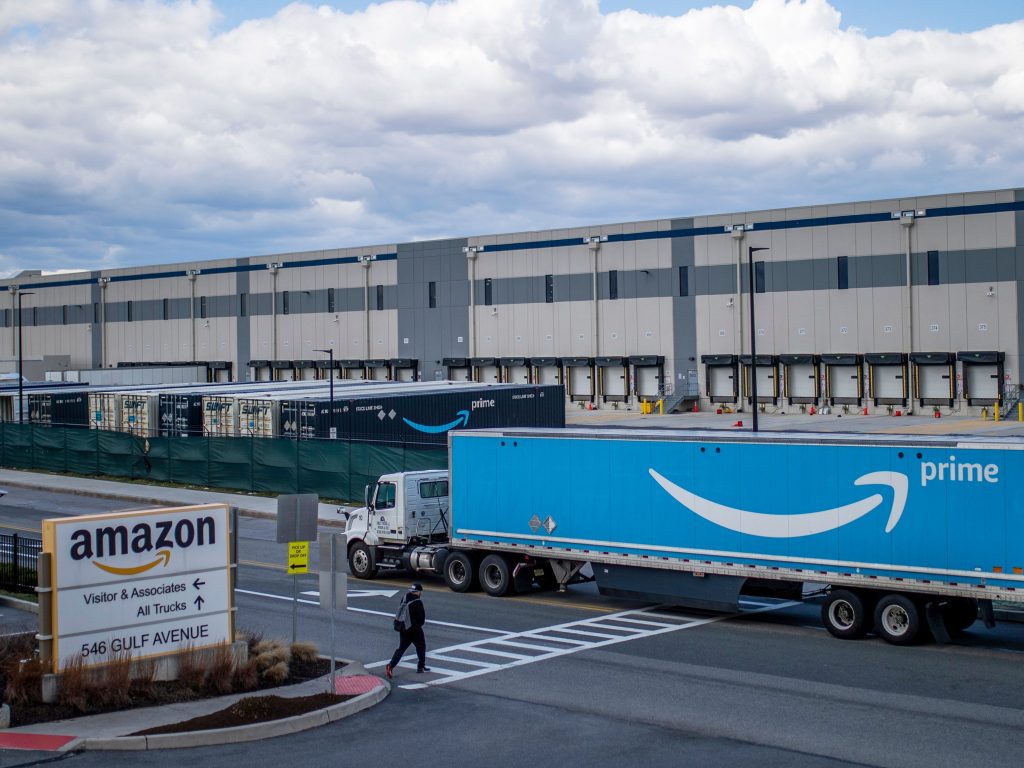- A record number of Americans hold two full-time jobs, according to the Bureau of Labor Statistics.
- One Amazon worker took on a second job so he could afford the rising cost of gas.
- Inflation is making gas, groceries, and rent more expensive and driving people to look for more work.
A typical '9 to 5' is gradually becoming less of a reality for many Americans.
That's because more of them have to take on a second full-time job than they did in the past. While fewer workers overall have multiple jobs than before the pandemic, more of them hold two full-time positions now than at any other point, at least since the Bureau of Labor Statistics' began collecting this data in 1994.
The BLS defines a full time position as more than 35 hours per week at one job, so that's at least 70 hours for the workers in question. 426,000 Americans worked that much in June, compared to 308,000 in February 2020, according to the St. Louis Federal Reserve Bank's analysis of BLS data.
Inflation isn't helping. Although wages have been rising over the past two years as workers have negotiated their way to higher salaries, only a handful of them have managed to secure paychecks that outpace record-high inflation, which hit a 40-year peak in June. Inflation is starting to cool down, but as the BLS data shows, it's not fast enough to keep Americans from taking on extra employment.
One such worker is Albert Elliott, an Amazon warehouse worker in Raleigh, North Carolina, who recently started a second job as a janitor at a community college. Gas prices become prohibitively expensive for many with surging inflation, and Elliott told The Washington Post's Lauren Kaori Gurley that it's why he had to take on the extra gig.
"Gas is just through the roof. Unless it's payday, I put in all the money I have at the time, sometimes borrowing money from family and friends," he told the Post. "I began to realize that what I was making at Amazon was not enough to pay for gas. My biggest concern is not being able to get to work to make any money. You have to pretty much rob Peter to pay Paul."
Gas prices aren't the only essential cost that have forced people to look for extra employment. Grocery inflation is at its highest point since 1979. Prices for food at home, a category that includes groceries, have risen 11.9% in May year-over-year, according to the Consumer Price Index. Milk and dairy prices have gone up even more, with meat and fish up 14.2% and eggs up 32.2% over May 2021.
"There are people who want multiple jobs to make more money, and they find that opportunity when the labor market is stronger," Nick Bunker, director of economic research at Indeed's Hiring Lab, told The Washington Post. "But I would say for many people, the urgency of finding more income or a second job or third job has intensified with inflation."
Low-wage earners are more likely to work in industries that require them to be at the job in person. For workers like Elliott, that doesn't leave them a lot of alternatives for how much they can spend on gas.
"I put $25 in my tank on Monday. That didn't last long. This morning, I had to put another $15 bucks in my tank," Elliott said. "That got me to work today. I probably have to put in another $20 to make it home tomorrow. I'm in Raleigh now at Amazon. When I leave, I have to go my part-time cleaning job."
